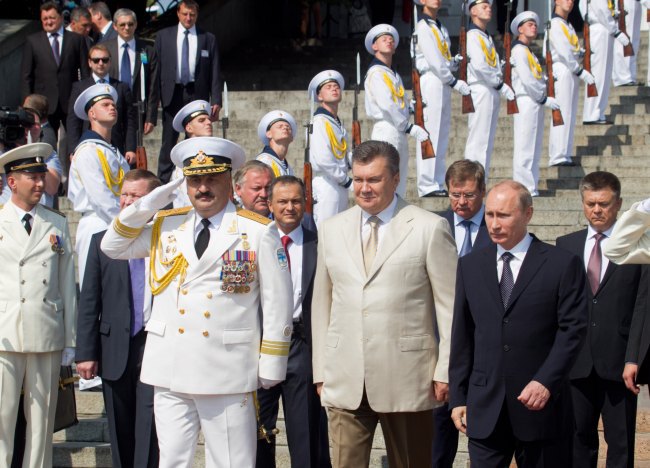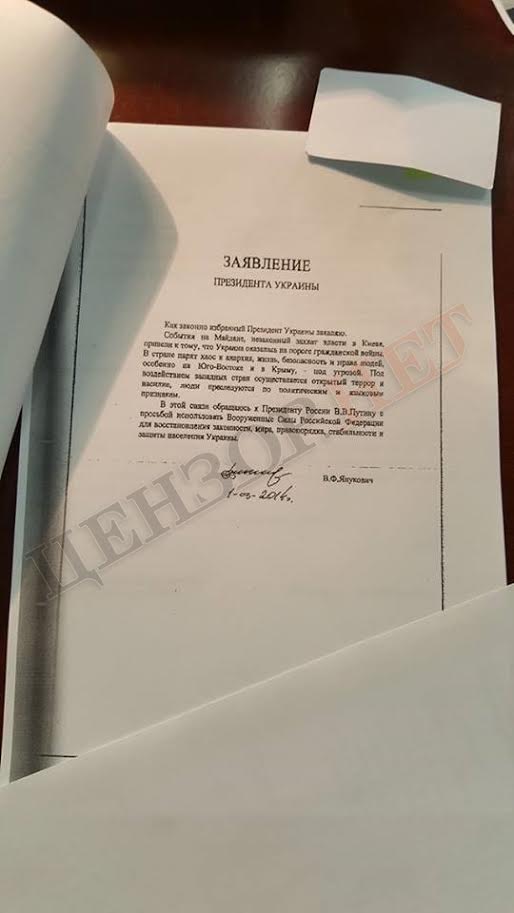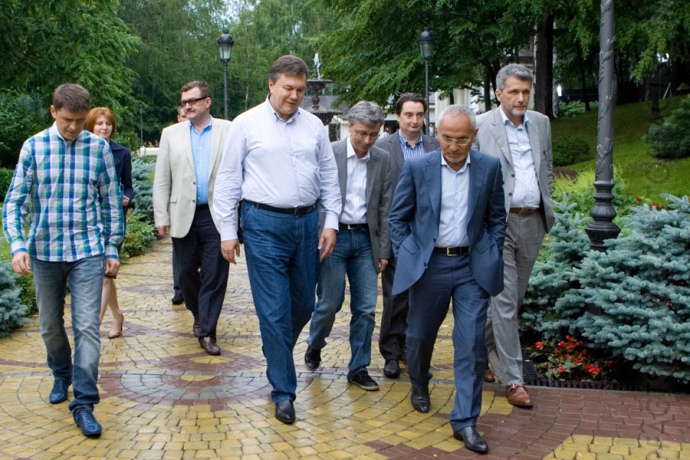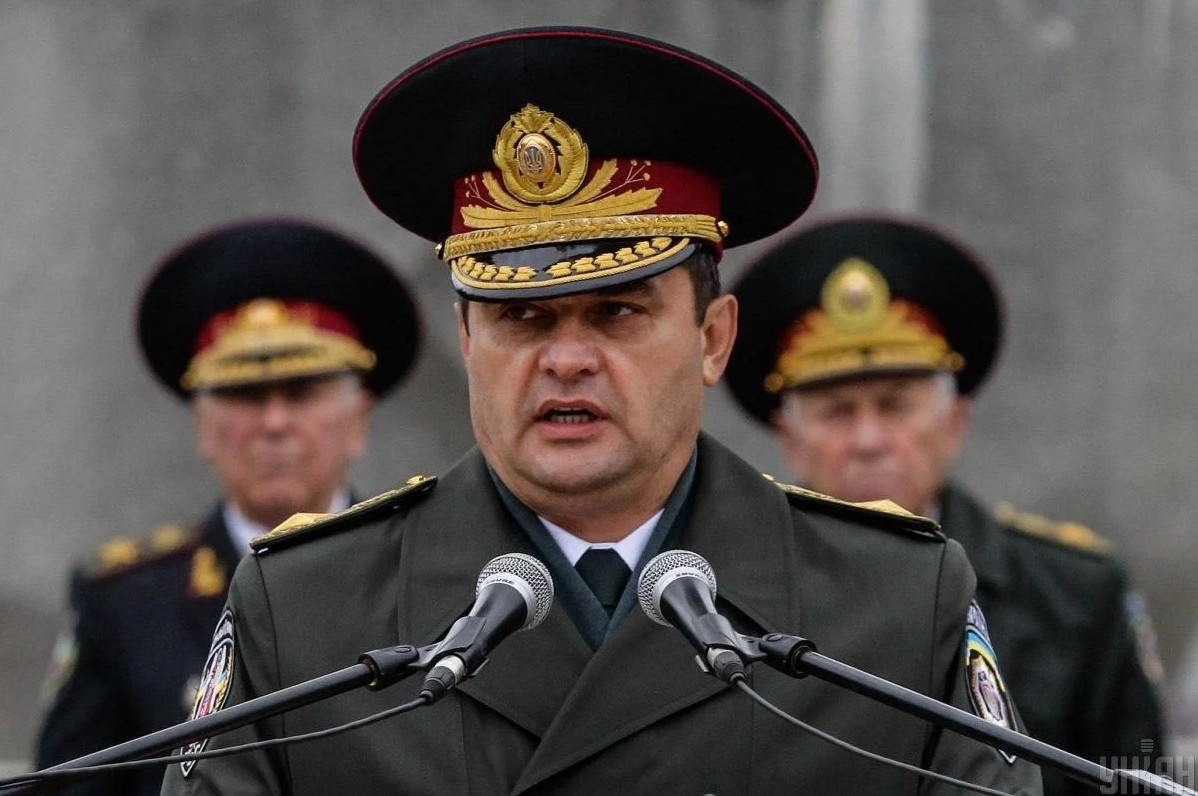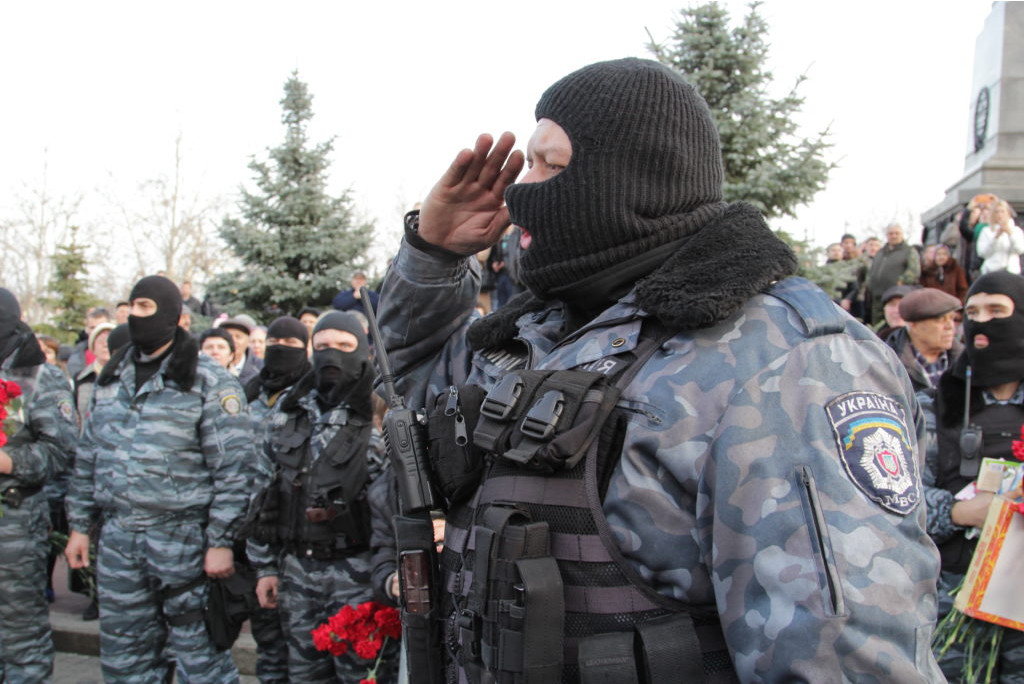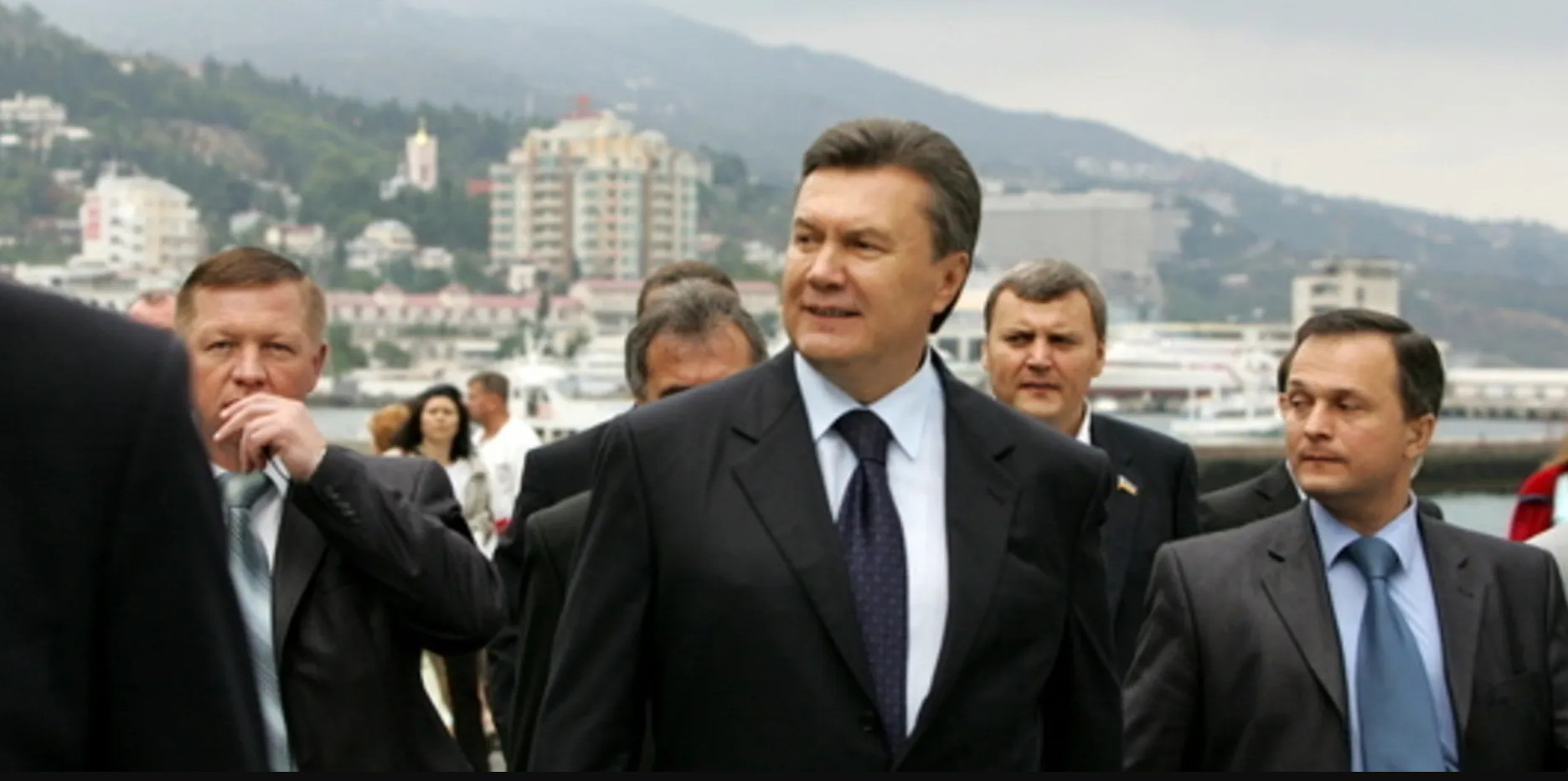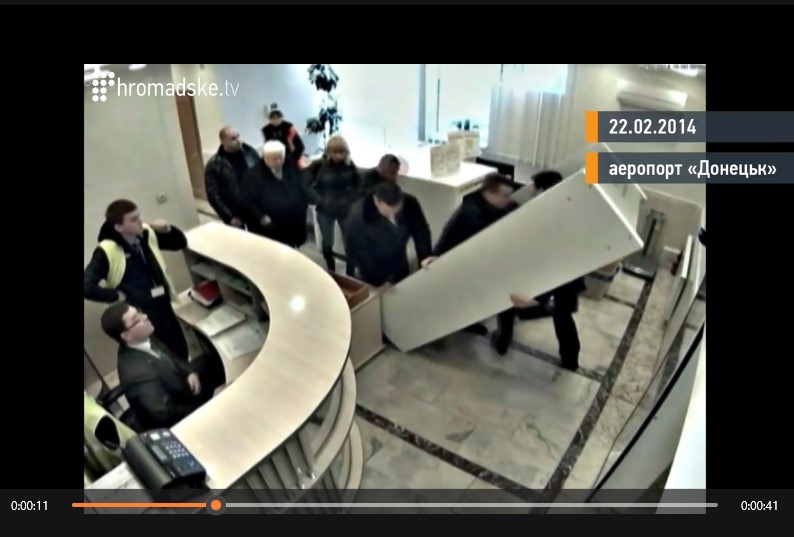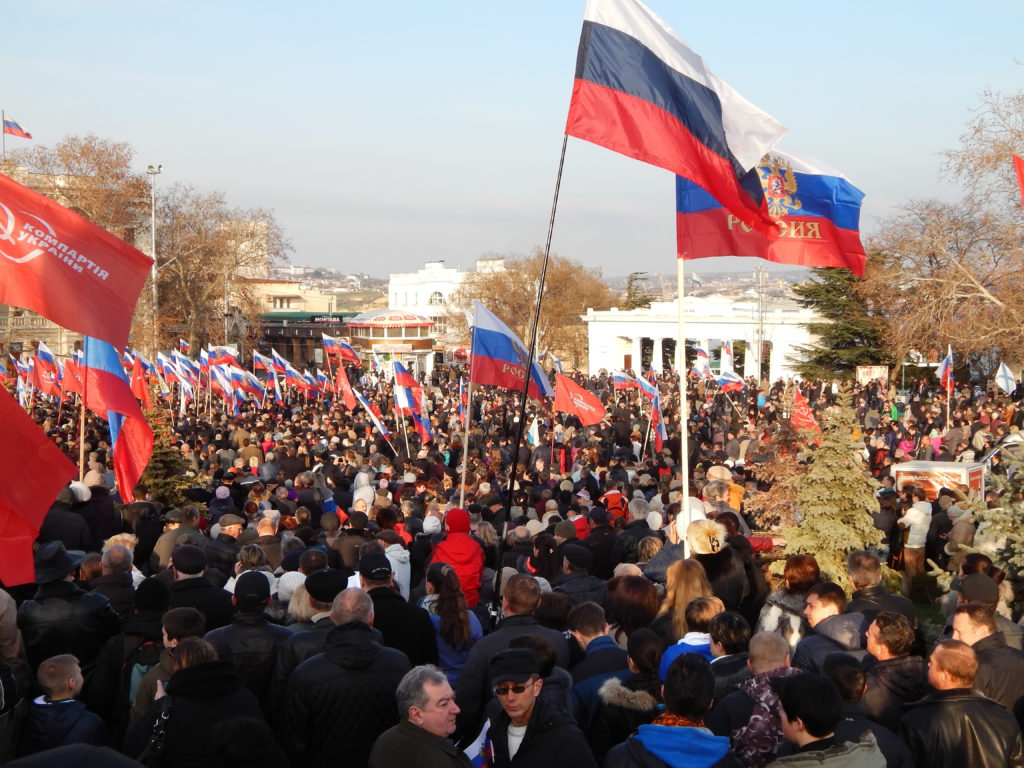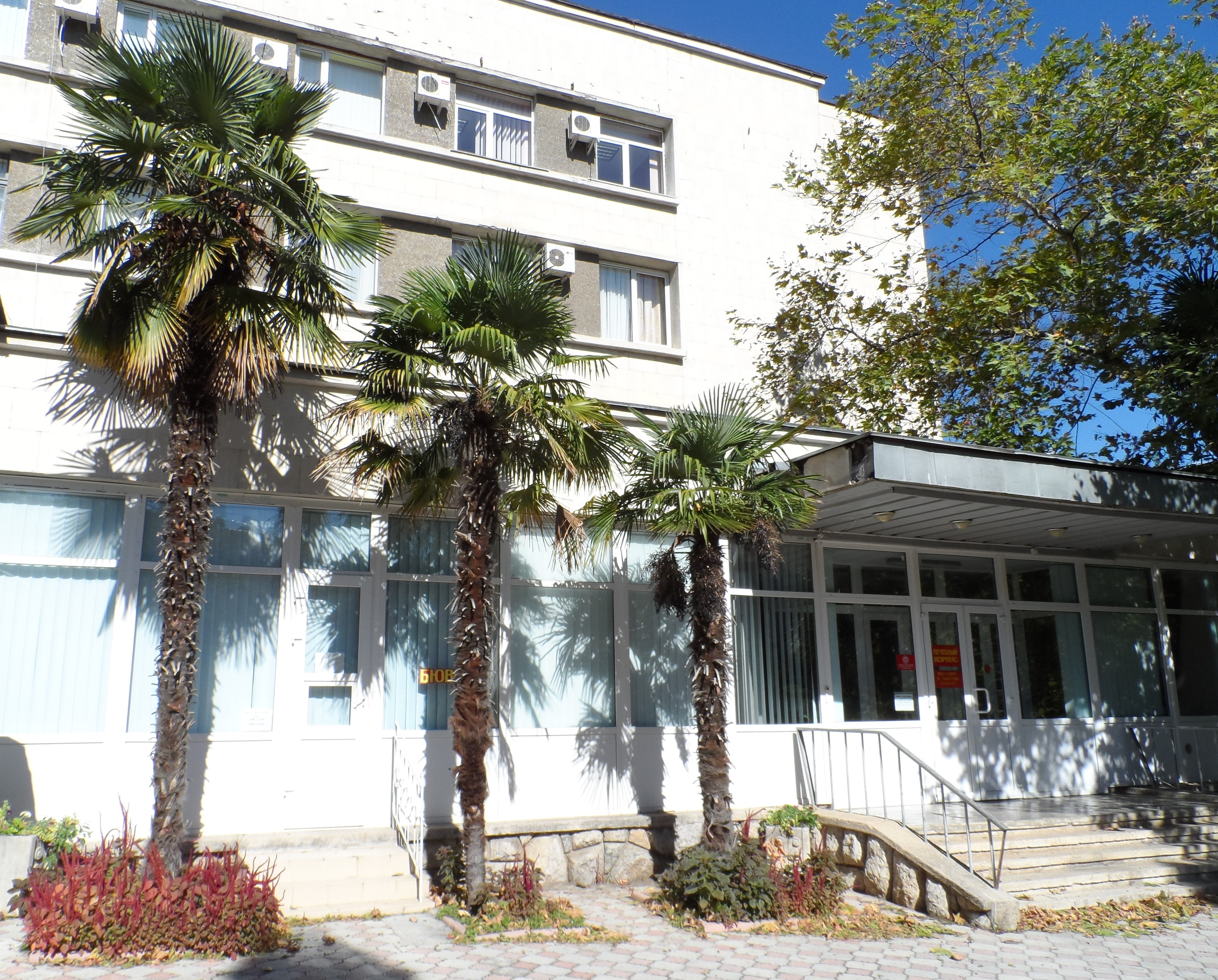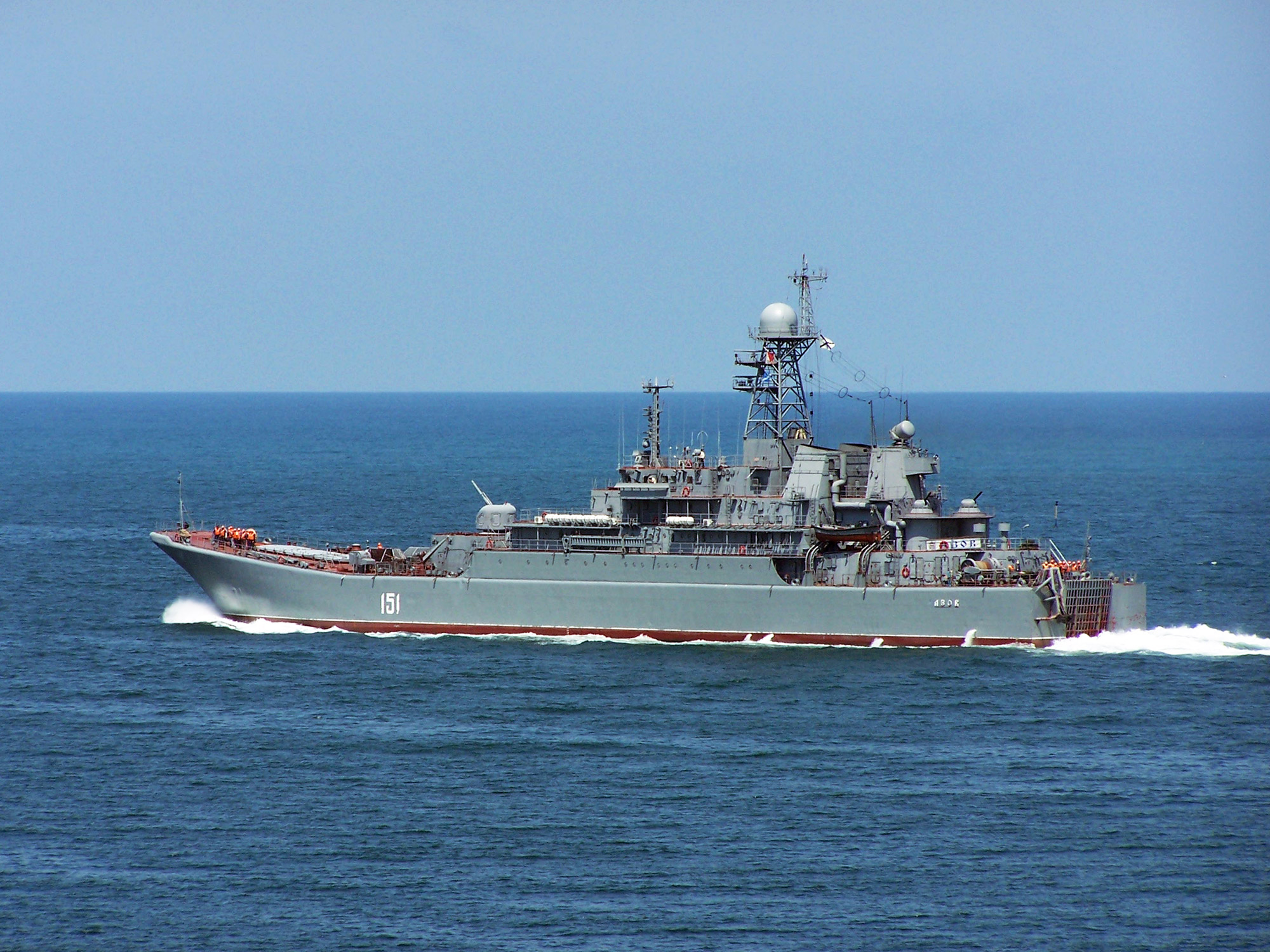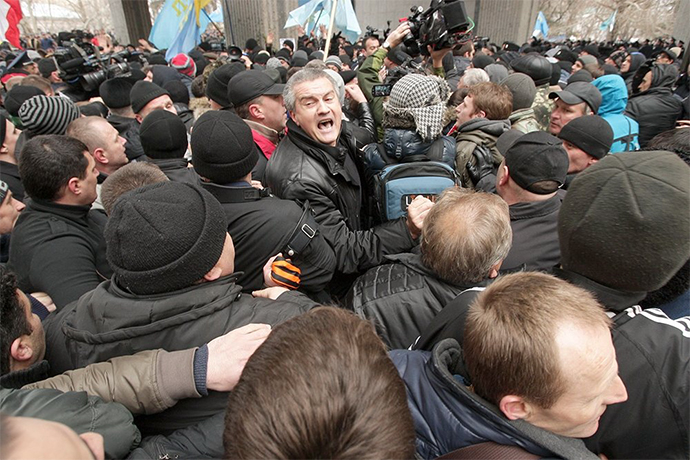On the night of February 19, 2014, negotiations between opposition leaders and Yanukovych continue. The president demands that the tent city be closed. He talks to Putin by phone.
On the main square of the capital, the confrontation becomes positional. Both security forces and protesters block the roads to prevent the enemy forces from gathering in Kyiv. Several more participants in the events are killed.
An anti-terrorist operation is declared. The Security Service of Ukraine, headed by Oleksandr Yakymenko, takes over the coordination of law enforcement agencies. They plan to involve the army. In this case, they count on the help of Defense Minister Pavel Lebedev, who used to be a Party of Regions MP from the Sevastopol majoritarian district before his appointment, as well as on the newly appointed Chief of the General Staff Yuriy Ilyin, who previously headed the national Naval Forces in Crimea.
At the same time that day, surveillance cameras recorded the beginning of the removal of belongings from the residence of Yanukovych in Mezhyhirya. The evacuation of property lasted for several days until February 22, 2014.
On February 20, 2014, the commanders of some military units, mostly from Crimea and southern Ukraine, receive an order from Ilyin to send military personnel to Kyiv as part of the anti-terrorist operation. The protesters are able to block the units that manage to hit the road.
More and more activists arrive in the center of the capital, and they go on the offensive. The security forces begin to retreat, and the internal troops surrender to the Maidan self-defense. But on Instytutska Street, snipers open fire on the advancing Euromaidan protesters. Within an hour and a half, 45 protesters are killed – an unprecedented tragedy for the entire Euromaidan period.
The killings do not stop the Maidan, but they do split the ranks of the Party of Regions. The pro-governmental officials began to flee, resign, and issue statements condemning the actions of the security forces. In the afternoon, MPs gathere for a meeting and after 10:00 p.m. adopt a resolution «Condemning the use of violence that led to the deaths of people». Law enforcement officers are also instructed to immediately investigate all facts that threaten the territorial integrity of Ukraine.
Foreign Ministers Frank-Walter Steinmeier (Germany), Radoslaw Sikorski (Poland), and Eric Fournier, head of the Continental Europe Department of the French Foreign Ministry, try to negotiate with both opposition leaders and the Presidential Administration. Moscow, on the other hand, demands decisiveness from the Ukrainian authorities. Some politicians from eastern Ukraine and Crimea make anti-governmental and pro-Russian statements, some of them are in Moscow.
On the night of February 21, 2014, and into the morning, complex and somewhat delayed negotiations continue at the Presidential Administration with the participation of Yanukovych, his inner circle, three opposition leaders, and international mediators, including the Russian Human Rights Commissioner Vladimir Lukin. A draft agreement is concluded. The Speaker of the Parliament signs the previously voted resolution to wind down the anti-terrorist operation.
Around the same time, Putin convenes an operational meeting with the permanent members of the Russian Security Council in Moscow. The «situation in Ukraine» is discussed by Prime Minister Dmitriy Medvedev, the chairmen of both houses of parliament, Valentina Matvienko and Sergei Naryshkin, the head of the presidential administration, Sergei Ivanov, the secretary of the Security Council, Nikolai Patrushev, and his deputy, Rashid Nurgaliyev, the heads of the Foreign Ministry (Sergei Lavrov), the Ministry of Interior (Vladimir Kolokoltsev), the Defense Ministry (Sergei Shoigu), and the Foreign Intelligence Service (Mikhail Fradkov), as well as the permanent member of the Security Council Boris Gryzlov.
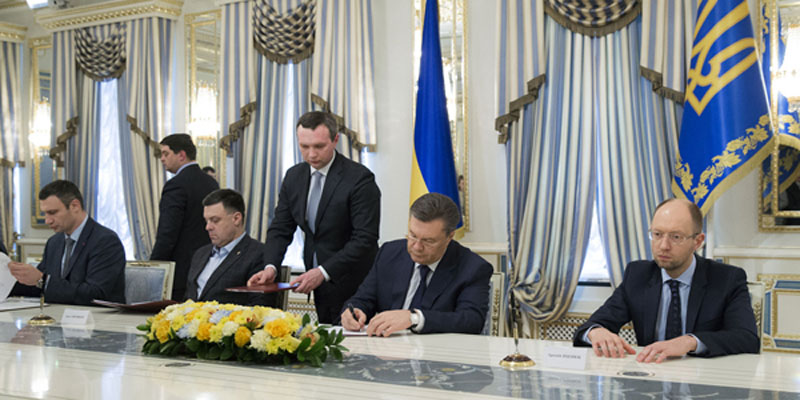
At 4:00 p.m., all negotiators, except for the Russian, sign the previously prepared «Agreement on the Settlement of the Crisis» at the Presidential Administration. Immediately afterward, the parliament votes on a draft law to restore certain provisions of the 2004 version of the Constitution of Ukraine and on a number of other decisions, including preventing the persecution of activists, dismissing the Minister of Internal Affairs, and on amendments to release political prisoners. Yanukovych does not sign the laws passed by the parliament, but instead orders his bodyguards to prepare for a departure to Kharkiv.
In the evening, the security forces begin to leave the governmental quarter and go to their permanent locations. They are disappointed with the decision of the government to compromise with the «enemy» and now reasonably fear that the charges of excessive violence may be pressed against them.
People in the center of the capital say goodbye to the deceased activists and demand the immediate resignation of the president. The Russian military intensifies its activity in Crimea.
 Yalta (Yalta sanatorium of the Black Sea Fleet (12/43 Sevastopolska Street).).
Yalta (Yalta sanatorium of the Black Sea Fleet (12/43 Sevastopolska Street).).
 2014-02-23
2014-02-23
